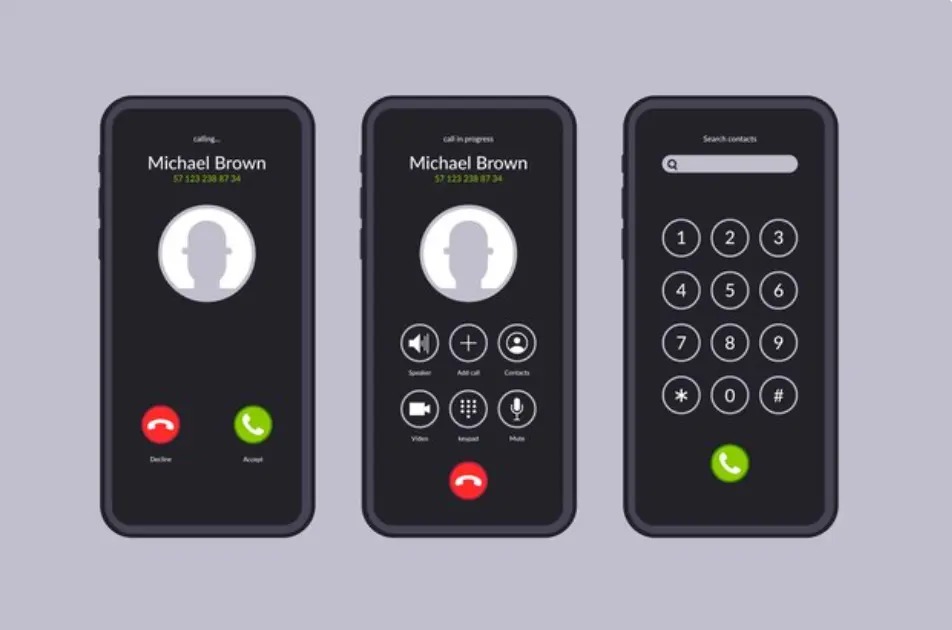Choosing the right dialer boosts business efficiency. A parallel dialer dials multiple numbers at once. This increases call volume. A power dialer dials one number at a time. This ensures personalized interactions. Each dialer type offers unique benefits. Understanding these benefits helps you make informed decisions. The right choice enhances productivity and customer engagement. Invest in the best dialer for your sales team. Maximize your potential with the right technology.
Understanding Parallel Dialers Definition and Functionality
How Parallel Dialers Work
Parallel dialers revolutionize outbound calling. Sales agents use a parallel dialer to call multiple numbers at once. This technology maximizes efficiency. The system connects agents only when prospects answer. Unanswered calls do not waste time. A parallel dialer enhances productivity by reducing idle time.
Key Features of Parallel Dialers
Parallel dialers offer several key features. The system supports simultaneous dialing. Agents experience seamless call transitions. Call monitoring tools provide real-time insights. Managers track performance effortlessly. Integration with CRM systems ensures data accuracy. A parallel dialer optimizes sales operations.
Advantages of Parallel Dialers
Increased Call Volume
A parallel dialer significantly boosts call volume. Agents reach more prospects in less time. The increased outreach leads to higher conversion rates. Businesses achieve sales targets faster. A parallel dialer proves invaluable for high-volume campaigns.
Efficient Use of Agent Time
A parallel dialer ensures efficient use of agent time. The system reduces waiting periods between calls. Agents focus on engaging with prospects. Productivity levels rise as a result. A parallel dialer empowers teams to achieve more in a day.
Disadvantages of Parallel Dialers
Risk of Call Abandonment
A parallel dialer presents a risk of call abandonment. Multiple calls may lead to unanswered connections. Prospects might hang up before an agent responds. This situation affects customer satisfaction. Businesses must monitor and manage call abandonment rates.
Potential for Legal Issues
Parallel dialers pose potential legal issues. Regulations govern automated calling practices. Non-compliance results in penalties. Businesses must adhere to laws like the TCPA. A parallel dialer requires careful management to avoid legal complications.
Understanding Power Dialers Definition and Functionality
How Power Dialers Work
Power dialers revolutionize the calling process. The system dials one number at a time. Agents connect only when prospects answer. This method ensures personalized interactions. Power dialers automate the transition between calls. Sales teams experience seamless operations.
Key Features of Power Dialers
Power dialers offer unique features. The system integrates with CRM tools. Agents access customer information instantly. Call recording enhances training opportunities. Managers monitor performance in real-time. Power dialers streamline sales processes.
Advantages of Power Dialers
Improved Call Quality
Power dialers enhance call quality. Agents focus on individual conversations. Prospects receive personalized attention. This approach increases customer satisfaction. Businesses build stronger relationships with clients.
Better Compliance with Regulations
Power dialers ensure better compliance. The system adheres to legal standards. Businesses avoid penalties for non-compliance. Agents follow guidelines during calls. Power dialers protect companies from legal issues.
Disadvantages of Power Dialers
Lower Call Volume
Power dialers result in lower call volume. The system dials numbers sequentially. Agents reach fewer prospects in a day. Businesses may struggle with high-volume campaigns. Power dialers prioritize quality over quantity.
Potential for Agent Downtime
Power dialers create potential downtime. Agents wait for connections between calls. Productivity may decrease during idle periods. Managers must optimize workflows. Power dialers require efficient scheduling.
Comparative Analysis Key Differences
Call Volume and Efficiency
Parallel dialers excel in call volume. Sales agents reach multiple prospects simultaneously. This approach maximizes efficiency. Businesses achieve higher outreach rates. A parallel dialer suits high-volume campaigns. Power dialers focus on personalized interactions. Agents connect with one prospect at a time. This method ensures quality conversations. Businesses build stronger relationships. A power dialer suits strategic B2B settings.
Compliance and Legal Considerations
Parallel dialers face legal challenges. Automated calling practices require careful management. Businesses must adhere to regulations. Non-compliance results in penalties. A parallel dialer demands strict oversight. Power dialers offer better compliance. The system aligns with legal standards. Businesses avoid legal complications. A power dialer protects companies from regulatory issues.
Use Cases and Recommendations
Best Scenarios for Parallel Dialers
Parallel dialers benefit high-volume sales environments. Businesses with large prospect lists gain advantages. Campaigns requiring rapid outreach thrive. A parallel dialer boosts productivity. Sales teams achieve targets faster. Industries like telemarketing find value. A parallel dialer enhances operational efficiency.
Best Scenarios for Power Dialers
Power dialers suit personalized sales approaches. Businesses focusing on relationship-building benefit. Strategic B2B sales environments excel. A power dialer improves customer satisfaction. Sales teams engage prospects effectively. Industries prioritizing quality over quantity succeed. A power dialer supports long-term business growth.
Legal Compliance Considerations Regulations Affecting Dialer Use
TCPA Compliance
The Telephone Consumer Protection Act (TCPA) governs automated calls. Businesses must comply with TCPA to avoid penalties. The TCPA requires consent before making calls. A parallel dialer must adhere to these rules. Non-compliance can result in hefty fines. Businesses should train agents on TCPA regulations. Proper training ensures legal and ethical practices. A parallel dialer must integrate compliance features. These features help monitor and manage call activities. Businesses can maintain a good reputation by following TCPA guidelines.
DNC List Considerations
The Do Not Call (DNC) list protects consumer privacy. Businesses must respect the DNC list when using a parallel dialer. Violating the DNC list can lead to severe consequences. Companies should regularly update their contact lists. A parallel dialer must filter out DNC numbers. This filtering prevents unauthorized calls. Businesses should implement robust systems for compliance. Regular audits ensure adherence to DNC regulations. A parallel dialer with compliance tools simplifies this process. Respecting the DNC list builds trust with consumers.

